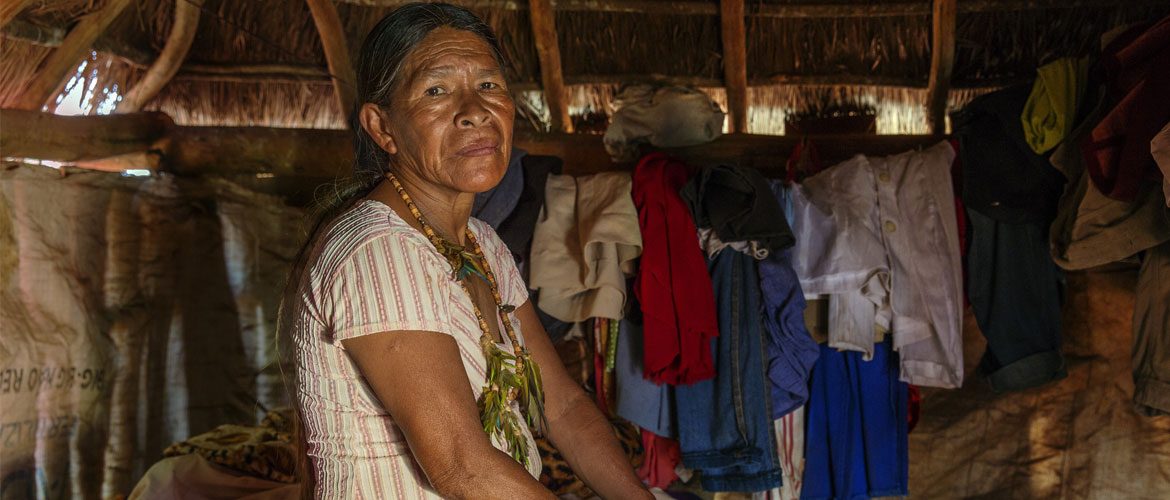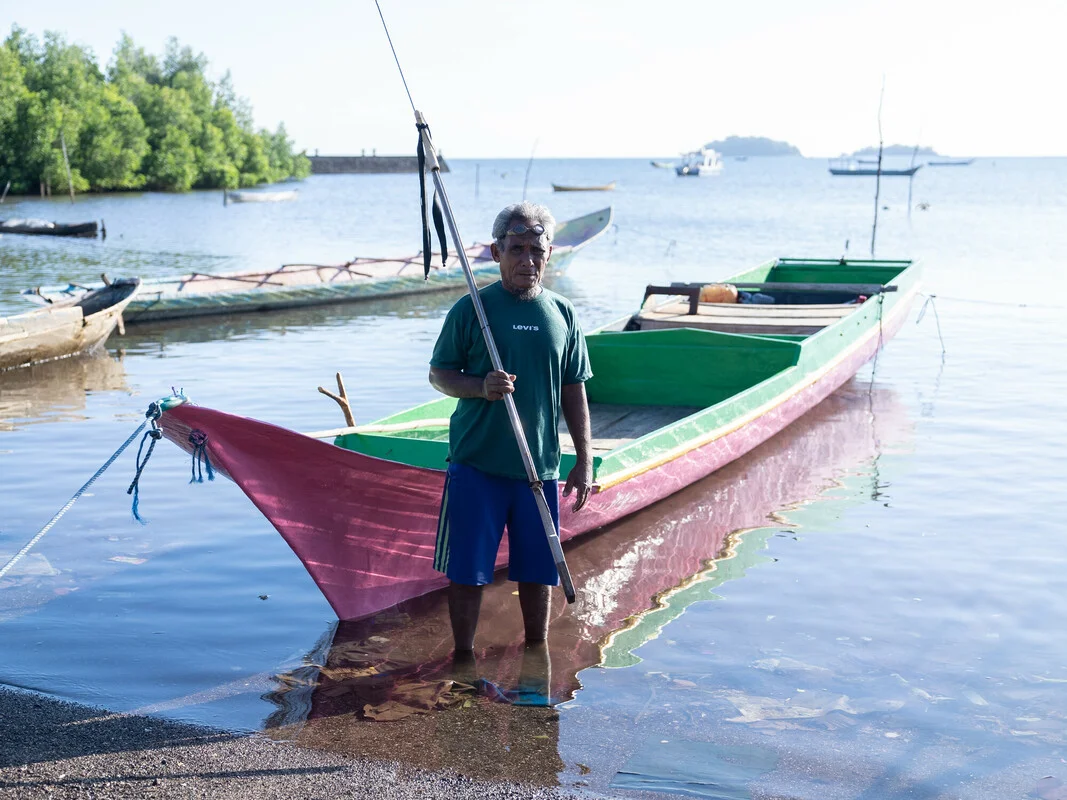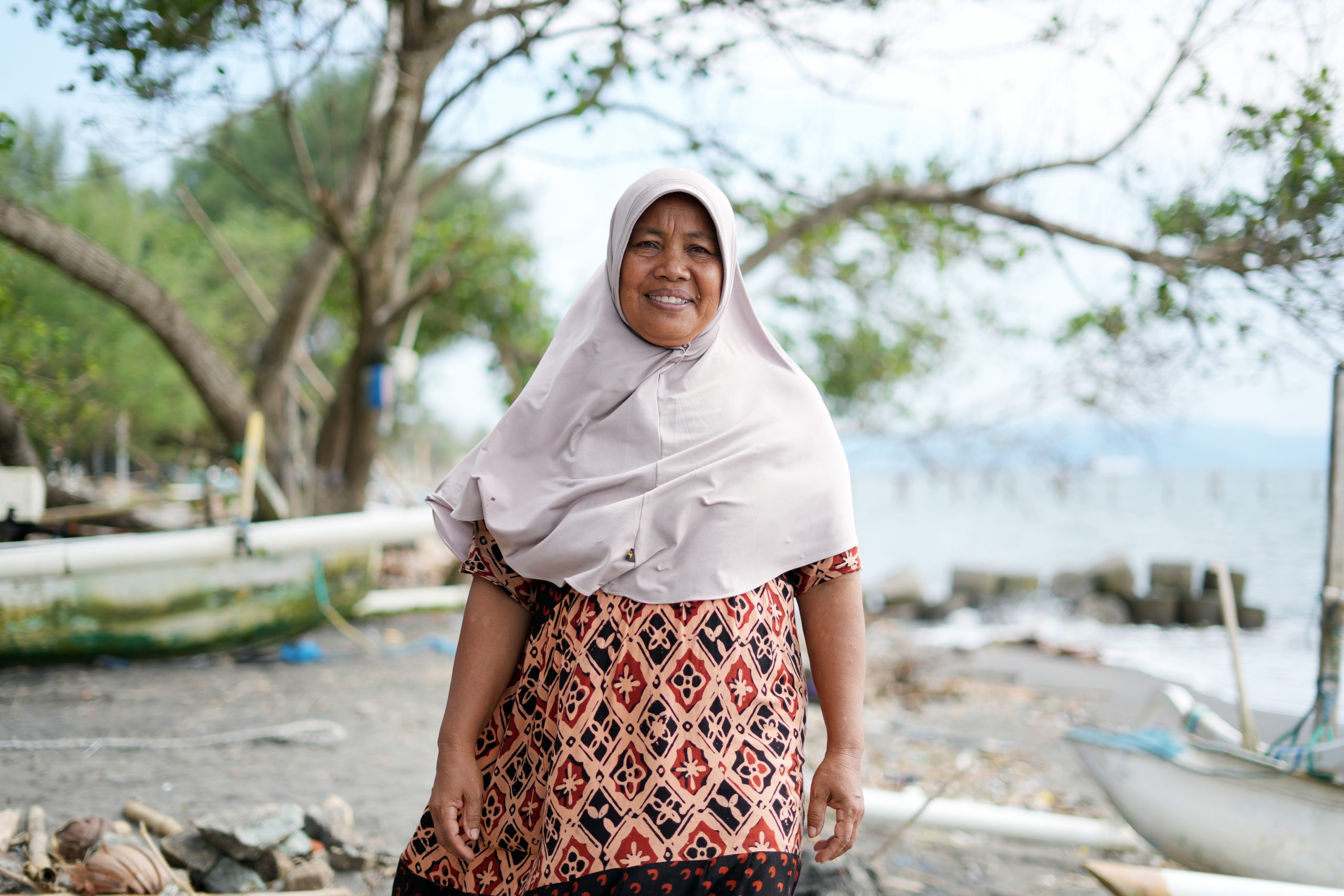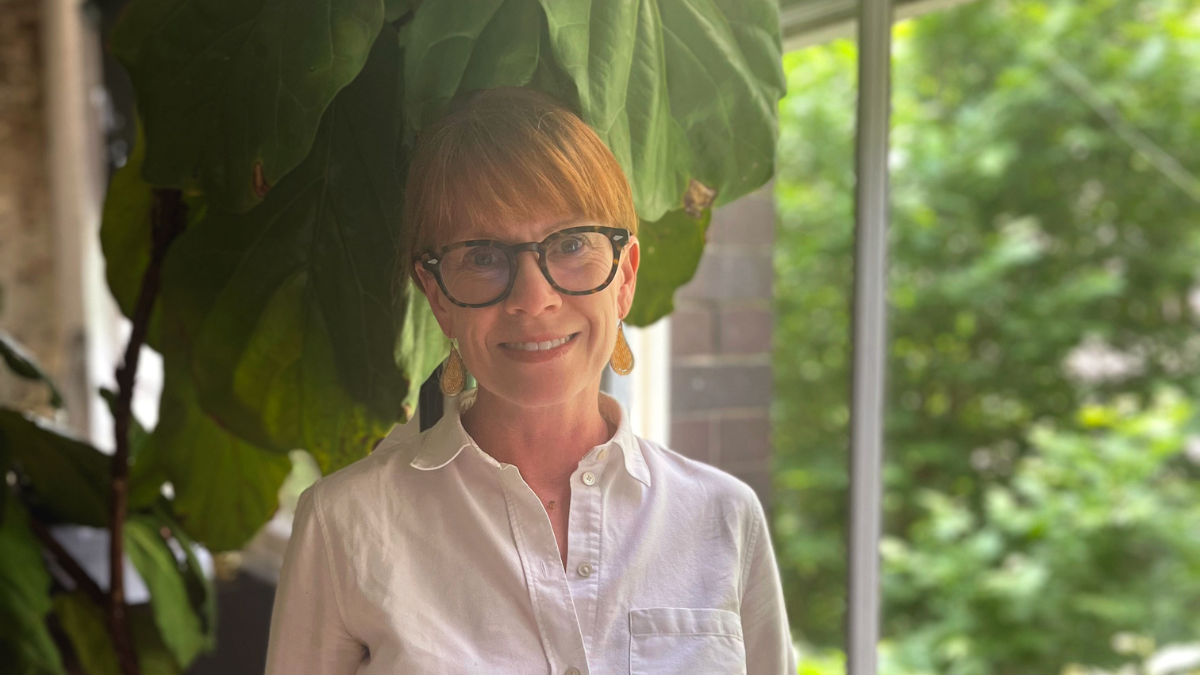Our Sustainable Food Advocacy Team, has spent the last six months investigating Australia’s big four banks in the lead up to the release of our latest report: Still Banking on Land Grabs.
Before this report’s release next Monday, Food, Climate and Humanitarian Advocacy Manager, Kelly Dent, sets the scene — contrasting the banks’ continued unreal profits with their often hidden costs:
The banks’ balance is not what it seems.
As reported last year on 60 Minutes, “The big four banks like to tell us how much profit they’ve made each year. But they don’t tell you about the hidden costs of their business.”
Despite the hubris at AGM time, the big four banks’ ledger is not good. Last year, ANZ, CBA, NAB and Westpac announced the unreal combined profit of $30.8 billion.
But this unreal profit came at a very real cost.
While trumpeting their success during the reporting season, each of our big four banks continued to remain exposed to companies linked to agriculture and timber related land grabs. And despite our banks’ bumper profits, none have helped affected communities to return to their land or access adequate compensation.
Land grabs are costing communities.
Often enforced through violence and intimidation, the taking of land without community consent impacts on local food systems, on livelihoods, and on peoples’ identity and culture. The loss of land can be so traumatic that it has lifelong impacts on people’s mental health.
Our big banks need to be as transparent about whom they do business with, as they are about their profit statements.
Transparency is central to ending land grabbing.
That’s why we’re opening the ledger.
Unreal profits
- As our big four banks describe it, they had an impressive year.
- Together they trumpeted a combined profit of $30.8 billion in 2015.
- At AGM time, the banks were eager to remind us of the importance of social and environmental practices in their business practices that contributed to their profits.
- ANZ said it is building…”the most respected bank across the Asia Pacific region, to help deliver prosperity for our customers and the communities in which they live.”
- CBA’s chairman told its shareholders that it wants to be “the ethical bank, the bank others look up to for honesty, transparency, decency…”.
- NAB’s CEO said that their vision is “to be the most respected bank in Australia and New Zealand” and that a valued part of their culture is to “do the right thing”.
- Westpac is touting its credentials as an industry leader on the Dow Jones Sustainability Index.
Keep an eye out for the latest in the campaign to end our big banks’ support for land grabbing with the release of the Still Banking on Land Grabs report on 15 February.
In the meantime, if you haven’t already, please ask your bank to show a zero tolerance for land grabs.



